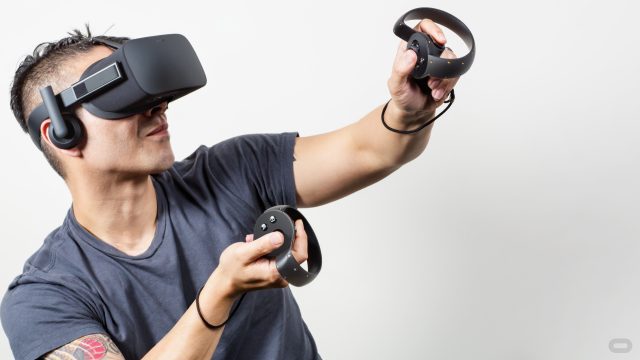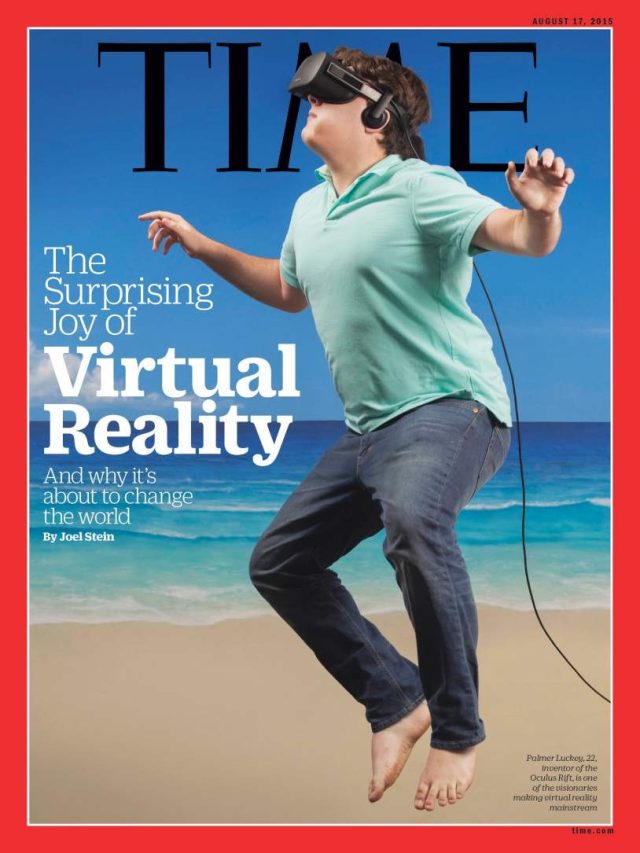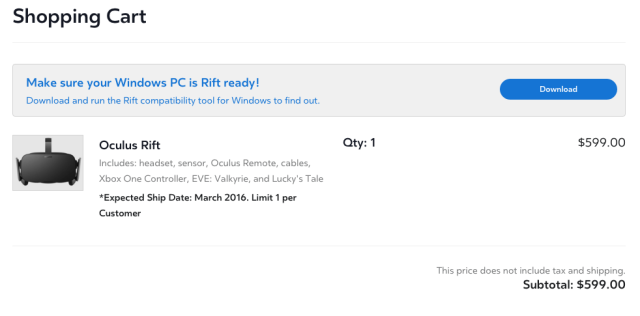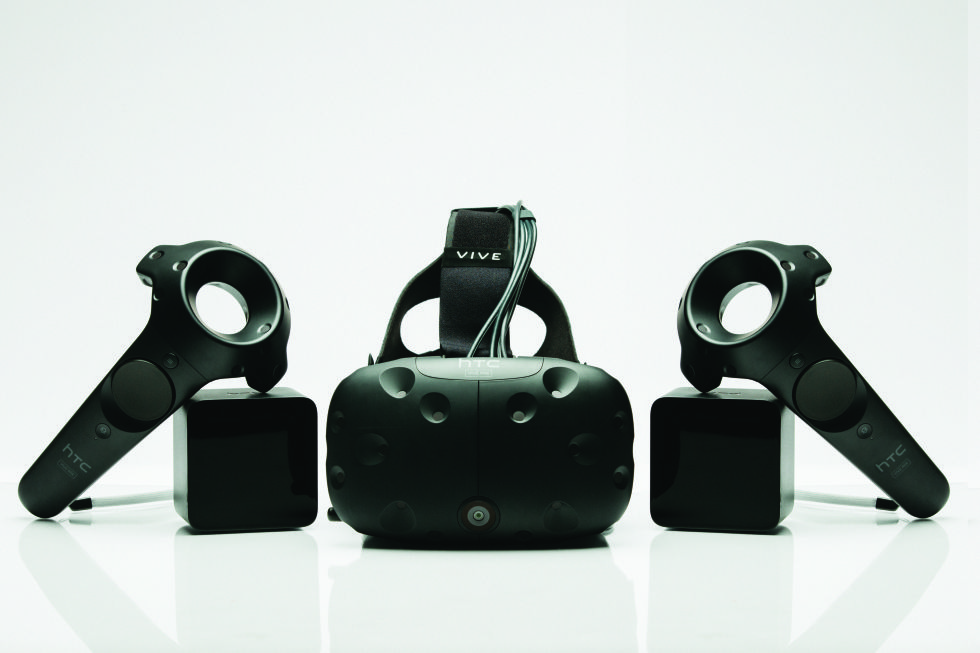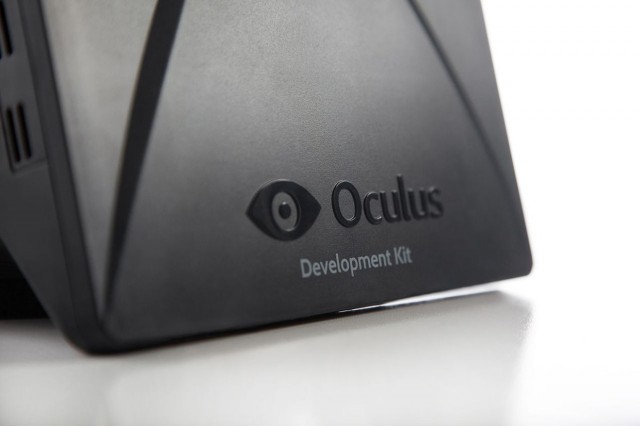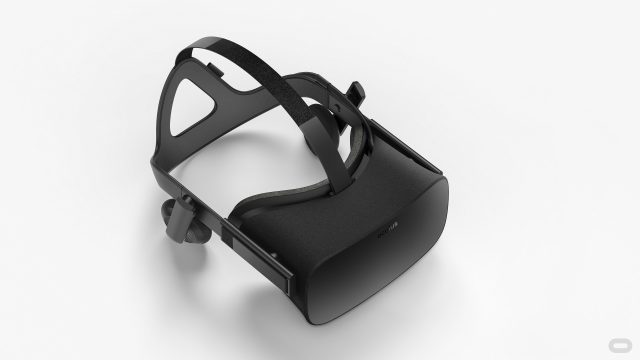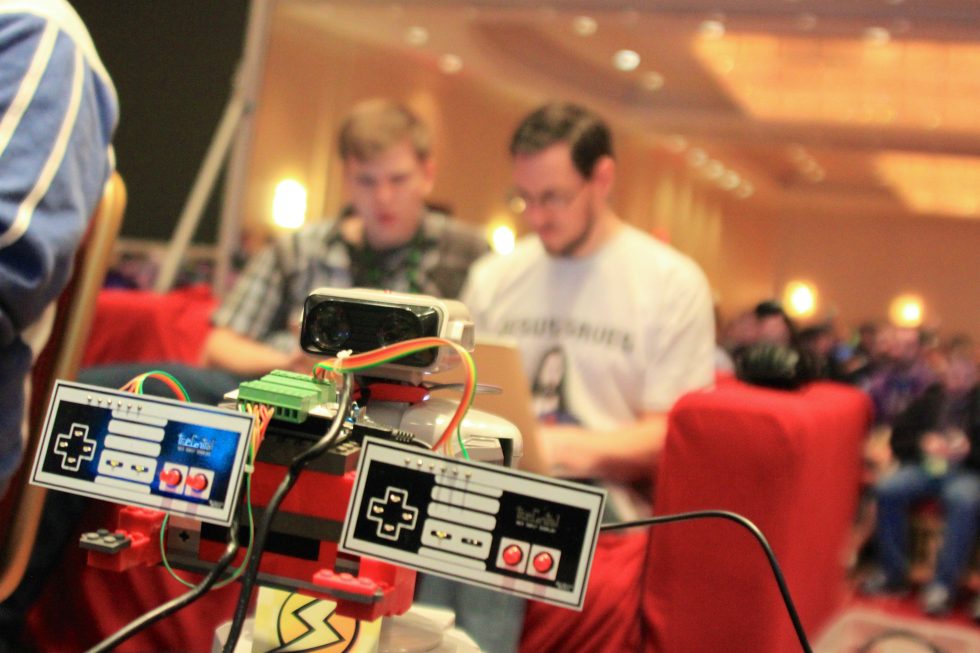
The star of the show, and some of the men behind the 'bot.
DULLES, Va.—Regular watchers of the annual Awesome Games Done Quick (AGDQ) video game speedrun marathon are probably intimately familiar with the power of TASBot (short for tool-assisted speedrun robot). Two years ago, the emulator-fueled bot used its controller-port interface to write a simple version of Pong and Snake on top of a running Super Mario World cartridge. Last year, TASBot outdid itself by using a copy of Pokemon Red and a Super Game Boy to force a live, IRC-based Twitch chat through an unmodified Super Game Boy.
By now, simply taking over a game and replacing it with a brand new app was beginning to feel a little predictable. So this year, TASBot decided to show off a new skill. At the AGDQ marathon, the bot set out to edit new features onto a game that's still running in active memory. TASBot wanted to be magnanimous with its new capabilities, too, allowing human players (and livestream viewers) the opportunity to edit the game on the fly.
But just how did TASBot—and the team of coders behind it—intend to turn an old game of Super Mario World, running on a standard SNES, into a heavily editable game of Super Mario Maker? Luckily, we had a behind-the-scenes invite to the event and the opportunity to find out.
